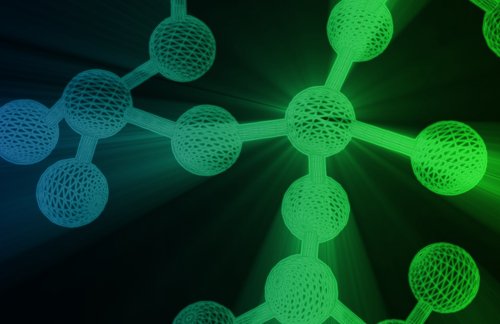
Another huge milestone has been reached in synthetic biology. Scientists have created a working chromosome and inserted it into a living cell. The cell continued to act normally—what scientists consider a key measure of success. While chromosomes have already been created for bacteria, accomplishing the feat with a brewer’s yeast cell, a more complex organism, is a major accomplishment. Jeff Boeke, director of NYU’s Institute for System’s Genetics and the leader of the research team, was quoted as saying, “We have made of 50,000 changes to the DNA code in the chromosome and our yeast is still alive. That is remarkable… It is the most extensively altered chromosome ever built.” The potential efficiencies created by these synthetic strains of yeast open doors to remarkable medical and biofuel opportunities, to name just a couple.
NYU Scientists Lead Synthetic Chromosome Breakthrough
Another huge milestone has been reached in synthetic biology. Scientists have created a working chromosome and inserted it into a living cell. The cell continued to act normally—what scientists consider a key measure of success. While chromosomes have already been created for bacteria, accomplishing the feat with a brewer's yeast cell, a more complex organism, is a major accomplishment. Jeff Boeke, director of NYU's Institute for System's Genetics and the leader of the research team, was quoted as saying, "We have made of 50,000 changes to the DNA code in the chromosome and our yeast is still alive. That is remarkable… It is the most extensively altered chromosome ever built." The potential efficiencies created by these synthetic strains of yeast open doors to remarkable medical and biofuel opportunities, to name just a couple.

















